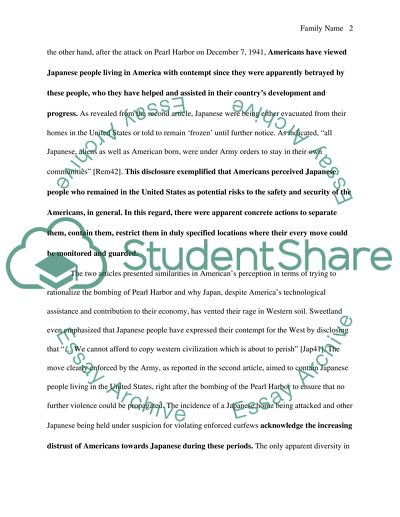Cite this document
(“American Perceptions of People of Japanese Ancestry Living in the US Research Paper”, n.d.)
Retrieved from https://studentshare.org/history/1432111-secondj-library-research-assignment
Retrieved from https://studentshare.org/history/1432111-secondj-library-research-assignment
(American Perceptions of People of Japanese Ancestry Living in the US Research Paper)
https://studentshare.org/history/1432111-secondj-library-research-assignment.
https://studentshare.org/history/1432111-secondj-library-research-assignment.
“American Perceptions of People of Japanese Ancestry Living in the US Research Paper”, n.d. https://studentshare.org/history/1432111-secondj-library-research-assignment.


